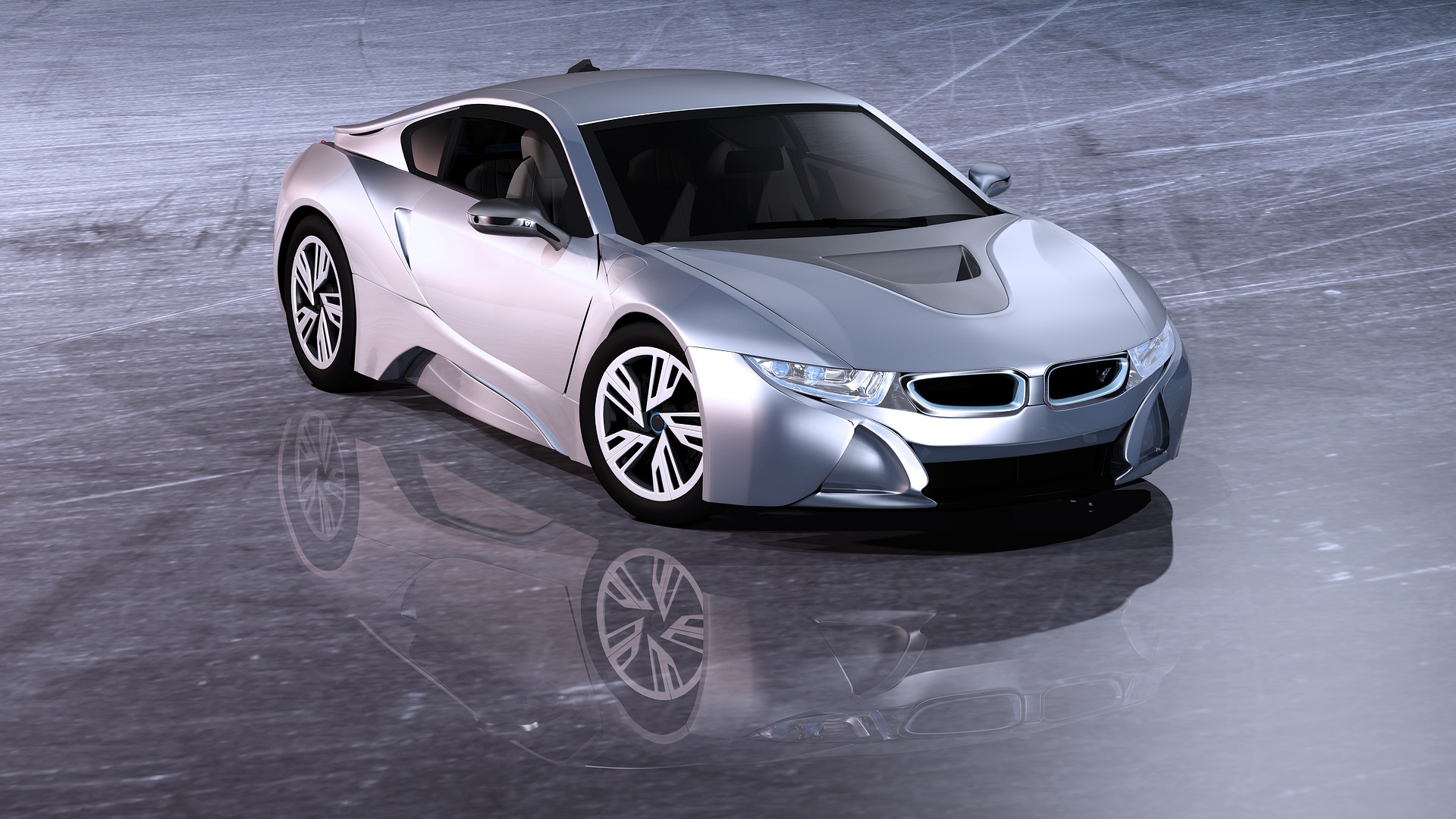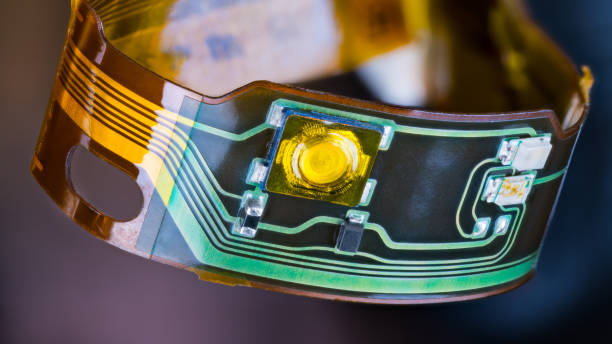Pioneering the Future: The Rise of Hydrogen Fuel Cell Vehicles
A new wave is sweeping across the automotive industry, and it’s not about electric power. Instead, it’s a technology that’s as old as the universe itself, yet surprisingly futuristic – Hydrogen Fuel Cells. These remarkable vehicles are paving the way for an alternative, eco-friendly future, minimizing carbon footprint without compromising on performance.

The Genesis of Hydrogen Fuel Cell Technology
Hydrogen fuel cell technology isn’t a recent invention. The principle was first introduced in the early 19th century by Sir William Grove, a British scientist. He discovered that by reversing electrolysis, the process of splitting water into hydrogen and oxygen, energy could be generated. However, it wasn’t until the mid-20th century that the technology became practical for use, notably in NASA’s Apollo missions.
In the context of automobiles, the first hydrogen fuel cell vehicle was developed by General Motors in the 1960s. Despite this early start, the technology remained largely in the shadows, overshadowed by the internal combustion engine’s dominance and later, the rise of electric vehicles.
The Mechanics of Hydrogen Fuel Cell Vehicles
A hydrogen fuel cell vehicle operates on a simple principle. The vehicle’s fuel cell combines hydrogen stored in a high-pressure tank with oxygen from the air to generate electricity. This electricity powers the vehicle’s motor, and the only by-product is water vapor, making it a genuinely zero-emission vehicle.
The Present Landscape and Future Prospects
Currently, hydrogen fuel cell technology is a niche segment within the automotive industry. High costs, lack of infrastructure, and public awareness are significant impediments. However, recent trends suggest a shift in this status quo.
Toyota, Hyundai, and Honda have all launched hydrogen fuel cell vehicles in select markets. Furthermore, numerous countries, including Japan, Germany, and South Korea, are investing heavily in hydrogen infrastructure. According to a report by McKinsey & Company, the number of hydrogen refuelling stations worldwide increased by 20% in 2018 alone.
The Impact of Hydrogen Fuel Cell Vehicles
The potential benefits of hydrogen fuel cell vehicles are immense. They combine the best of both worlds: the zero-emission benefits of electric vehicles and the quick refuelling and long-range capabilities of traditional cars. Moreover, hydrogen can be produced from a variety of sources, potentially reducing dependence on fossil fuels.
However, there are challenges to overcome. The current method of hydrogen production is energy-intensive and often relies on natural gas, negating some of the environmental benefits. Additionally, building a robust hydrogen infrastructure is a significant undertaking.
The Road Ahead
Hydrogen fuel cell vehicles represent a promising pathway to sustainable mobility. While the technology is still in its infancy, with the right investments and policy actions, it could become a significant player in the automotive industry.
The journey may be long and fraught with challenges, but the potential rewards are too great to ignore. As we stand at the precipice of a new era in automotive history, the prospect of a cleaner, greener future is more than just a pipe dream—it’s a vision that’s within our grasp. As we move forward, the role of hydrogen fuel cell vehicles in shaping this future will undoubtedly be worth watching.





